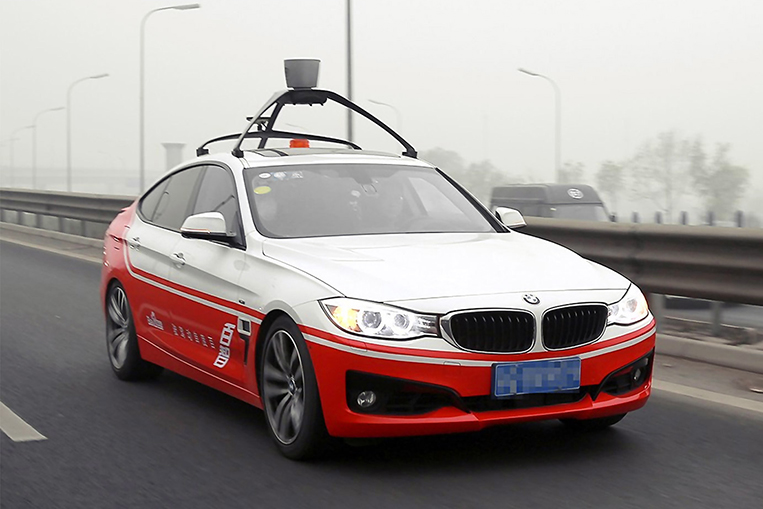
Like or loathe the Big Red Country up north, there can be no denying that China has become a technological powerhouse over the years, and the People’s Republic is far from finished. One of the hottest topics on the table of the Chinese government right now is how to manage the way over a billion people will get around in the future, with the subject of autonomous driving being high on the agenda. Unlike western countries and car manufacturers, however, China is heading in a different direction when it comes to how vehicles will transport humans around in the future, and it may well end up setting the standard for the rest of the world.
Self-driving cars have been a hot topic in automobile circles for some time now, with manufacturers seemingly racing each other toward the point where cars can drive themselves and won’t need steering wheels anymore. While companies like Tesla and Audi are good at grabbing headlines with every new development they achieve, the way these firms make their cars ever smarter raises some concerns where practicality and sustainability are concerned. American- and European-developed vehicles usually feature heaps of sensors, motors and processors that all cost a lot to develop and install in every single car, making each unit more expensive to build and more complex to maintain.
China, on the other hand, has realized that having all this technology in every car might not be necessary if there is one big electronic brain sitting in the cloud that could control all of the vehicles on the road, and this is exactly the direction the country is headed. The nation’s rulers have decided to keep the technology installed in automobiles as simple as possible, while upgrading the world around them to a level where all the information ever needed to manage traffic efficiently is freely available. Myriads of sensors and cameras are already recording everything from traffic levels and road conditions to the weather, and the aim is to make all of this information available to users in real time in the near future.
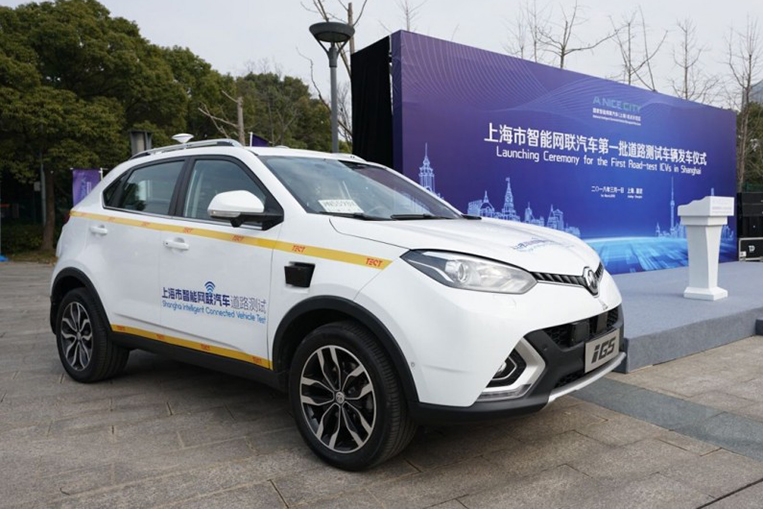
Think of this approach as a giant, government-controlled version of Waze that can manage everything from the traffic flow to the parking spaces. While a new Mercedes-Benz today can spot an empty parking slot when it drives past one, the Chinese cloud system will not only know where all the empty spaces are to begin with, but it will also be capable of assigning them to the nearest vehicles looking for one and then steering said cars toward them. To do this, vehicles have to be able to communicate with each other and with the surrounding infrastructure, a requirement the Red State is already pushing hard to make a reality. By 2020, 50% of newly sold cars in China must have complex driver-assistance features fitted as standard, and 90% of cars must be able to communicate with their surroundings to ensure automobiles become part of the “Internet of things.”
The ultimate aim is not only to eliminate traffic jams and create cars without steering wheels that whizz people around town like some scene from a science-fiction movie, but to create a totally interconnected world where the way cars are being used will fundamentally change. A lot of work still needs to be done until this becomes a reality, starting with seemingly simple things such as properly mapping the country. Just a handful of strictly controlled local companies are currently busy capturing vast parts of China’s road network for new HD maps that will offer down-to-the-centimeter accuracy for navigation and autonomous driving systems, as simple GPS data would not be accurate enough. These maps can then be used for autonomous driving even if a vehicle doesn’t have its own LIDAR sensors installed, reducing the price point of such cars by quite a bit.
Think of this approach as a giant, government-controlled version of Waze that can manage everything from the traffic flow to the parking spaces
Laws and regulations also need to be changed and amended, and new data standards need to be agreed on to ensure local and global compatibility of systems. All of this isn’t faraway fiction, however, and things are progressing at what people in the country often call “China speed.” Or the astonishing pace of progress that is possible when an all-powerful government puts its mind to something—and citizens are (more or less) happy to go along with it, often accepting reduction in areas like individual privacy in exchange for faster advancement and a higher standard of living. Big corporations like Alibaba, Tencent and Baidu are all working hard on projects in this space, with local and foreign carmakers (as well as electronics firms) also joining the race in an effort to secure their slice of an extremely lucrative future cake.
The Alibaba Cloud alone is aiming to build a network of 10 billion connected devices within the next five years, while foreign companies like German electronics giant Bosch are now employing over 60,000 people in China, or one in seven of their total global workforce. By 2030, China expects most areas of everyday life to be electronically interconnected, and fully autonomous vehicles to account for 10% of new-car sales. This could mean up to 30 million self-driving cars roaming the streets of the country, which in turn will likely cause a shift in the way people use automobiles in general. In the words of one Bosch engineer involved in the field: “In 10 to 20 years from now, Chinese consumers won’t buy cars anymore, because when everything from your power bank to bicycles and vehicles is connected through the network, any and all resources can simply be shared. The system at the core of it will make everything available to everyone at anytime and anywhere.”
It’s a brave new world, and it’s coming our way soon.

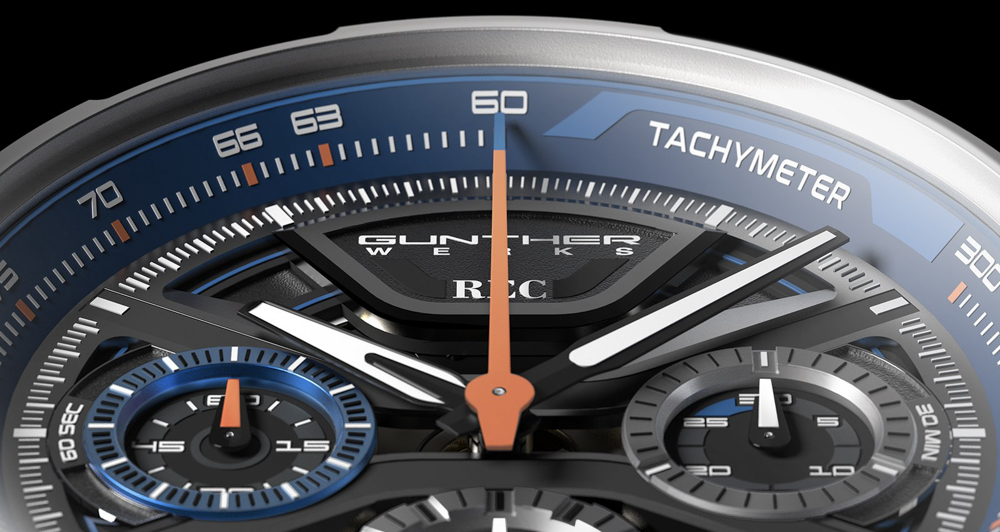
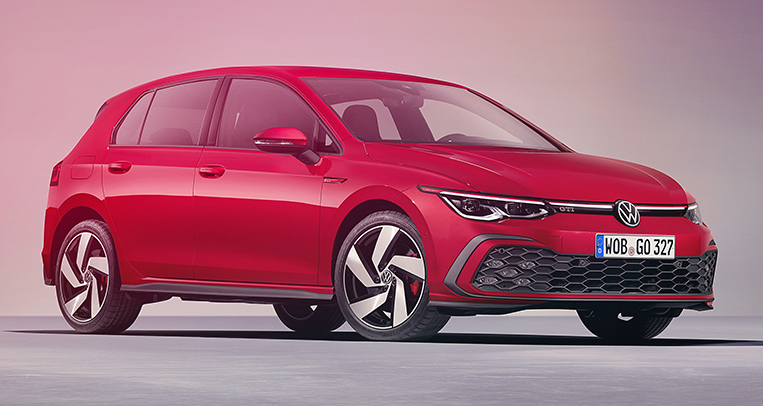

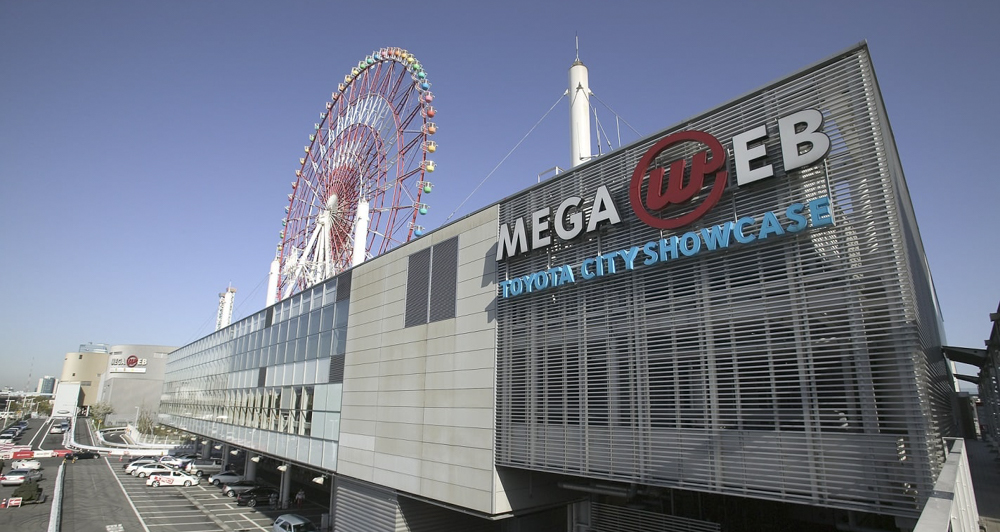
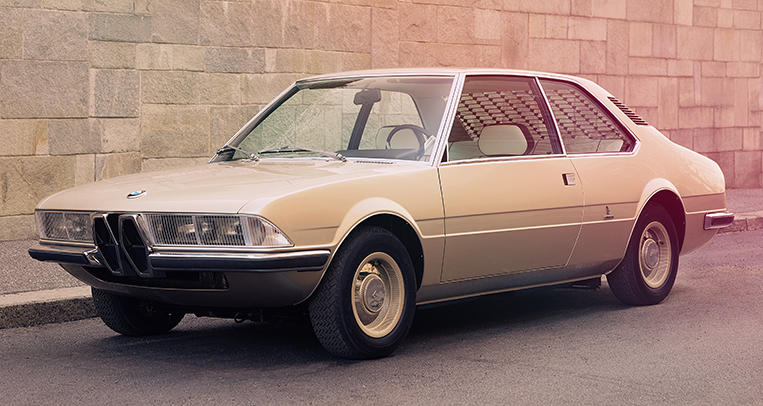
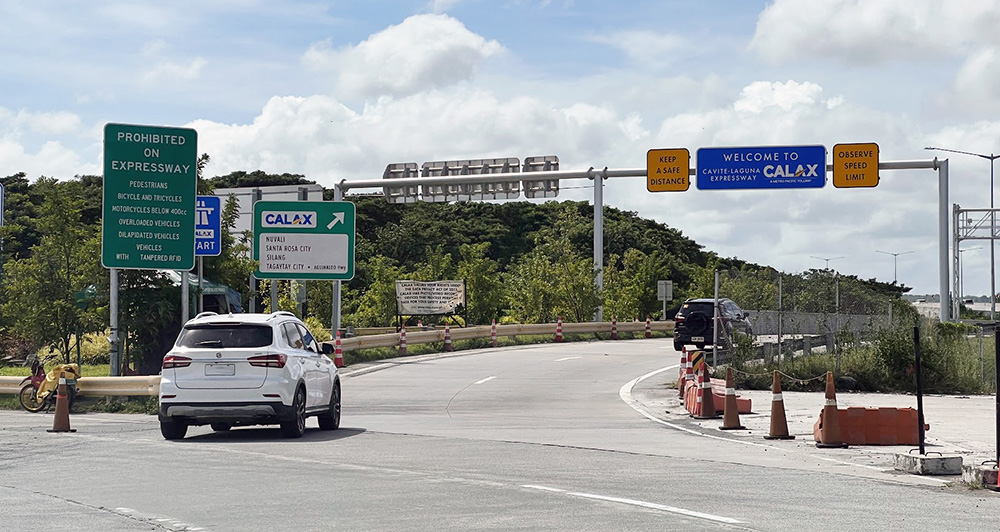
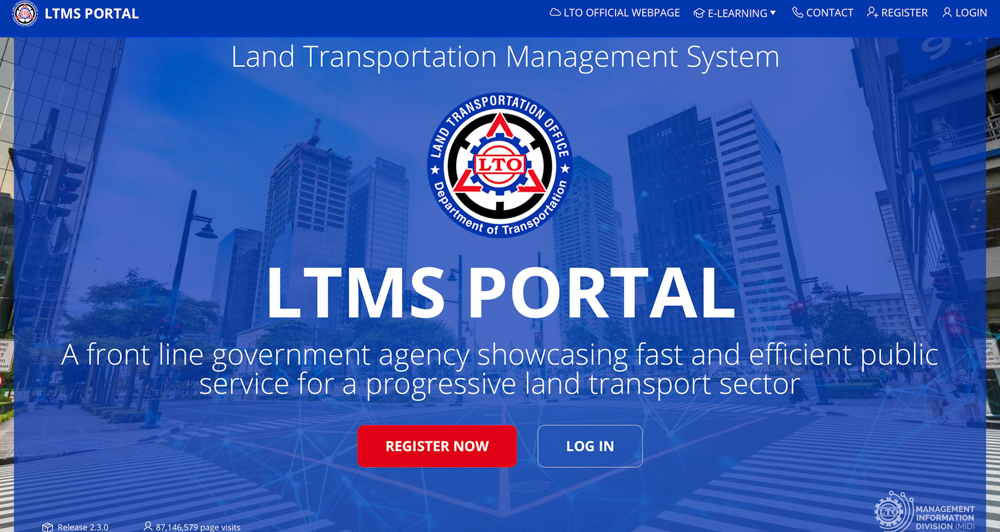



Comments